The recent brutal murder of Alhaji Isa Muhammad Bawa, the Sarkin Gobir of Gatawa in Sokoto State, has heightened the security apprehensions of Nigerians. This tragic event, which unfolded on August 21, 2024, has ignited serious concerns regarding the safety of traditional rulers and, indeed, other Nigerians, as well as the efficiency of the security agencies.
The fact that Sarkin Gobir Bawa and his son were held captive for nearly a month before his tragic end, despite numerous attempts to secure his release, starkly highlights the severe lapses in the current security framework.
Sarkin Gobir Bawa was abducted on July 27, 2024, alongside his son, Kabiru Isa, while returning from a meeting at the Sultanate Palace in Sokoto. Despite efforts by his royal family to secure help from the state government, including a distressing video appeal from the bandits’ den, their pleas were largely ignored. A ransom of N60 million, reportedly paid in a desperate attempt to secure his freedom, came too late as he had already been murdered, and his son was released.
After his death, there were the usual condemnations from every quarter, with the government vowing to find his killers. This is not good enough; it is like medicine after death. The security apparatus could have tracked down the kidnappers the same way they tracked down the abductors of medical students in Benue State recently. In a show of collective courage, his community, comprising men and women, successfully took the battle to the bandits’ den to recover his body and rescue others in captivity. In other climes, heads would roll over an incident like this.
This tragic event is part of a disturbing trend of attacks on traditional rulers across Nigeria. On January 29, 2024, the Elesun of Esun-Ekiti, Oba David Ogunsakin, and the Onimojo of Imojo-Ekiti, Oba Samuel Olatunji, were murdered in a brutal attack by armed assailants. The third monarch, the Alara of Ara-Ekiti, Oba Adebayo Fatoba, luckily survived the assault. In early February 2024, another tragic incident occurred when armed men stormed the palace of Segun Aremu, the Olukoro of Koro. A retired army general, Aremu was killed during the raid, and his wife was kidnapped.
In May 2024, bandits killed Chief Auwal Wali, the traditional ruler of Gidan Usmanu Village in Taraba State, in his residence. Similarly, in July, the traditional ruler of Takun town, Tanimu Kunbiya, and his son were ambushed and killed while returning from a funeral in Taraba State.
In August 2024, a traditional ruler and six village heads of Umucheke Okwe in Onuimo local government area in Imo State were killed while they were having a meeting. In July last year, several traditional rulers in the state were similarly killed, including those of Nguru, in Aboh Mbaise LGA, Eze Mmirioma, and Eze Joe-Benz Ochulor, the Olu 1 of Otulu Amumara in Ezinihitte Mbaise council of Imo State.
In early August, the traditional ruler of the Umuihe autonomous community in Ebonyi State, His Ryah Highness (HRH) Umazi Ibo Ubani, was killed by gunmen.
In December 2023, the district head of Yankuzo, Alhaji Hamza Kogo, from Tsafe Emirate in Zamfara State, was killed during a failed abduction attempt. The previous year saw the tragic murder of the Olufon of Ifon, Oba Israel Adeusi, who was killed by bandits on the Ifon-Benin Highway in November 2020. Violence against traditional rulers has been a recurring issue, with reports indicating that 53 traditional rulers have been killed in violent incidents over the past decade, according to a 2021 report by SBM Intelligence.
The rising violence against traditional rulers is not merely a statistical anomaly but a reflection of deeper issues within Nigeria’s security and governance frameworks. The once-revered status of traditional rulers has been eroded, partly due to their increased involvement in political matters and their subsequent exposure to violence.
This rising trend of attacks needs to be checked. The government and security agencies must enhance protective measures for traditional rulers. This includes not only increasing personal security but also improving intelligence operations and rapid response capabilities to prevent and address abductions and attacks effectively.
Strengthening local security networks through community engagement and partnerships can also play a vital role in deterring criminal activities. Community-driven initiatives, such as vigilante groups and neighbourhood watch programmes, have proven effective in other contexts and should be bolstered to protect traditional leaders.
A recent report showed that over N1 billion was paid in ransom between July 2023 and June 2024. This money passes through the Nigerian banking and financial systems. This money needs to be tracked to apprehend both the bandits and their sponsors.
Nigeria should consider collaborating with international security experts to gain additional resources and insights into combating organised crime effectively. This collaboration can provide valuable support in tackling complex security challenges.
The murder of Sarkin Gobir Bawa and the increasing violence against traditional rulers reflect a broader crisis of security and governance in Nigeria. It is not enough to merely condemn these acts of violence; comprehensive and actionable reforms are needed to ensure the protection of these vital figures in our society.
As we reflect on these tragedies, it is imperative that we mobilise our collective efforts to end this cycle of violence and restore safety and dignity to the custodians of our cultural heritage.

 2 months ago
52
2 months ago
52

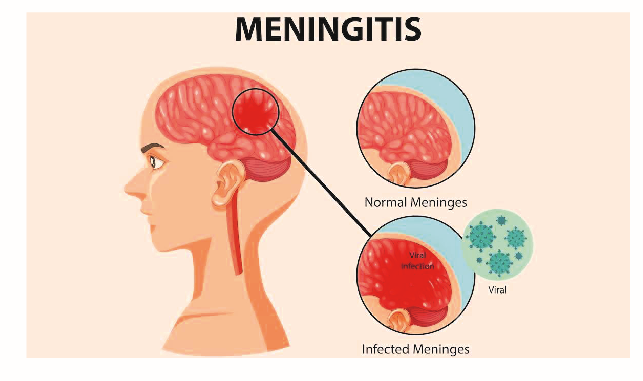
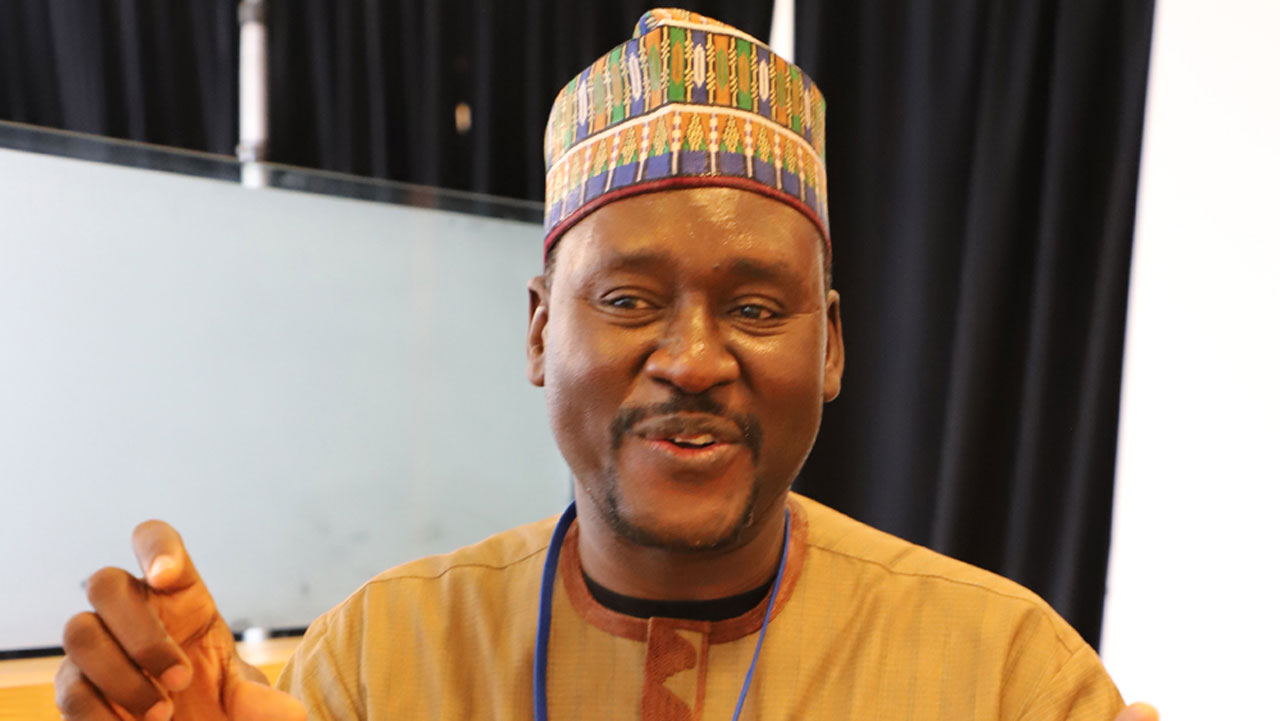



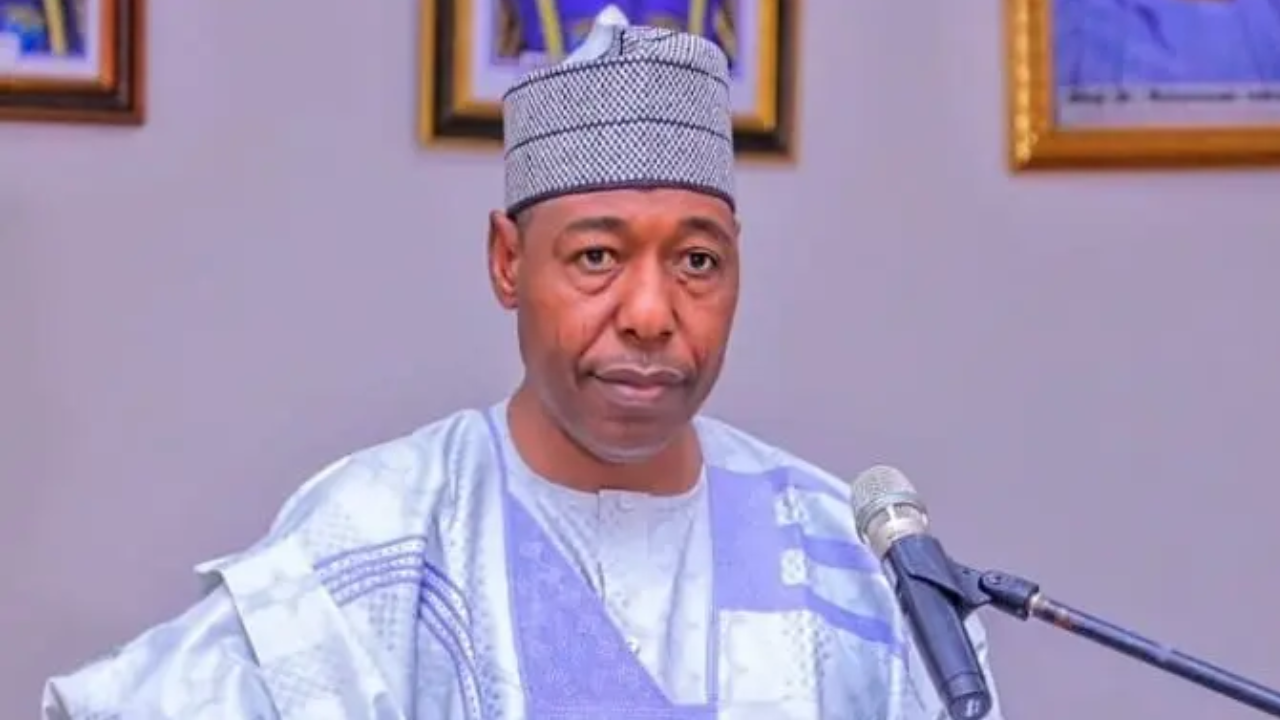

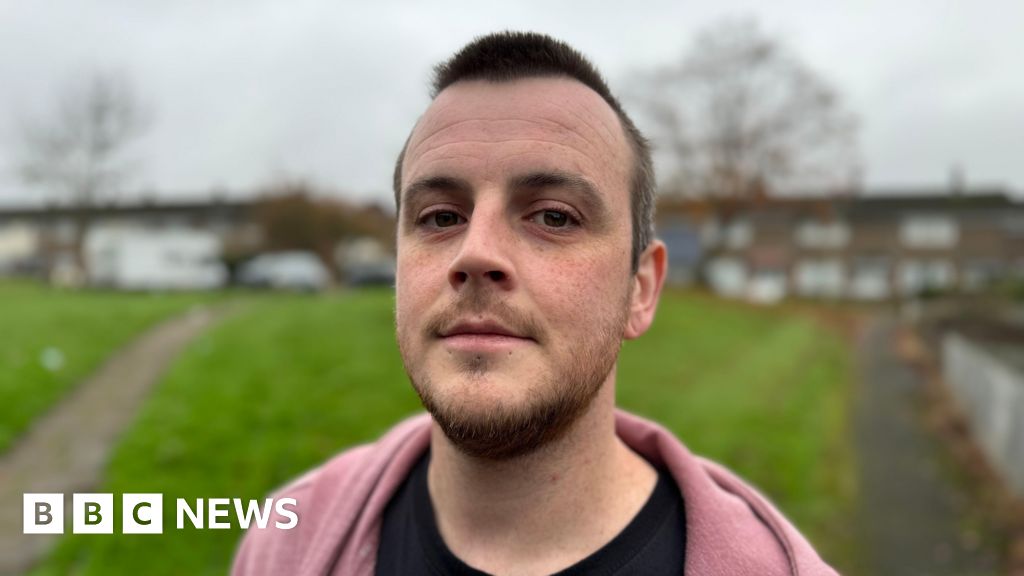

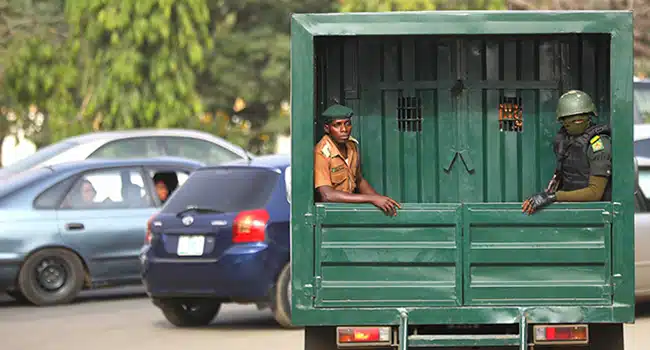

![Edo Deputy Gov Idahosa Meets Philip Shaibu [Photos]](https://www.naijanews.com/wp-content/uploads/2024/11/IMG-20241112-WA0078.jpg)


 English (US) ·
English (US) ·